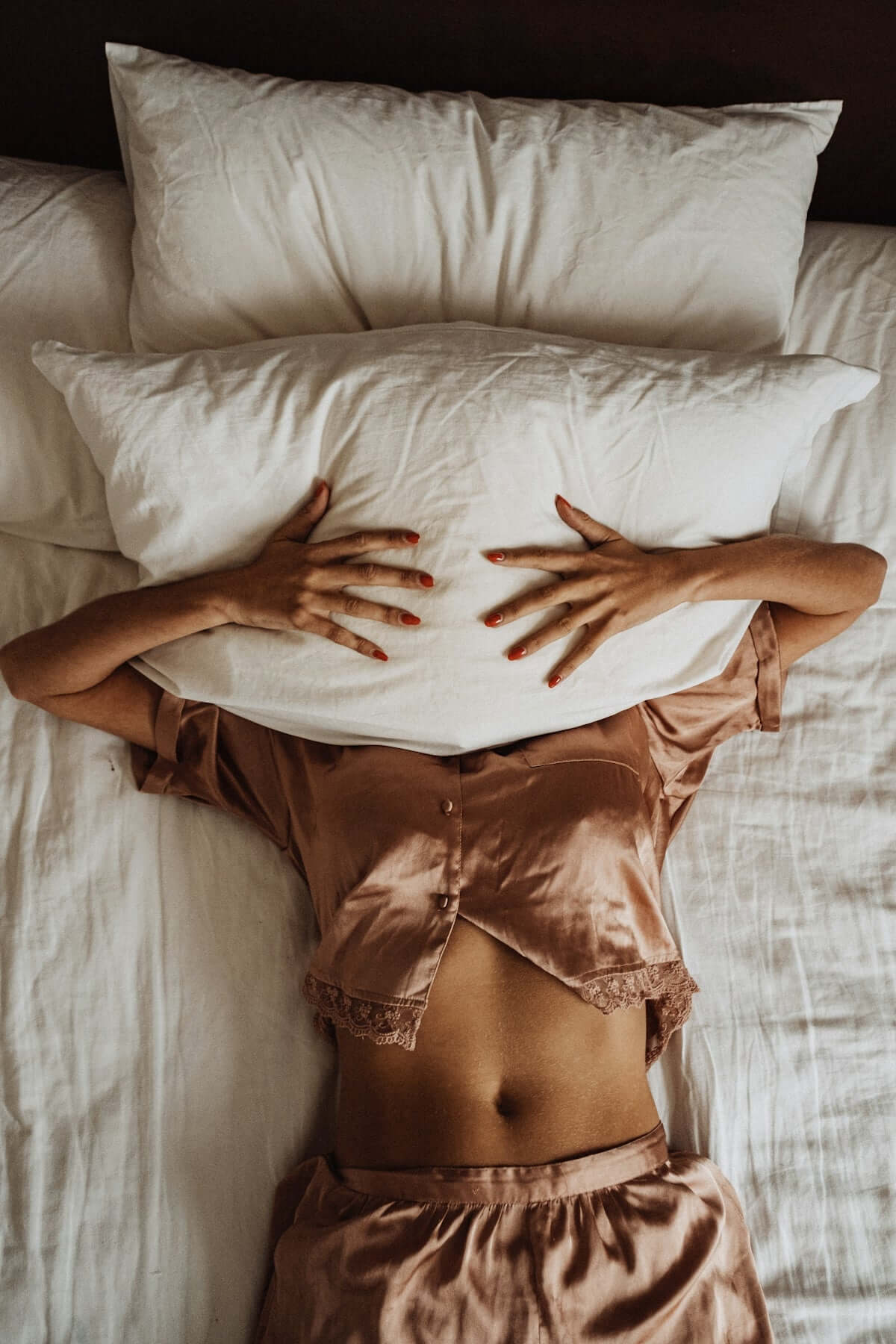Effective Strategies for Addressing Vaginal Itching During Menopause

Menopause is a significant time in a woman's life, often accompanied by a variety of changes and challenges. One common issue during both menopause and peri-menopause is vaginal itching, which can be both uncomfortable and distressing. This post will explore effective strategies to address and alleviate vaginal itching during these transformative years.
Understanding Hormonal Changes
Hormones play a crucial role in regulating many bodily functions, and during menopause, there is a natural decline in estrogen levels. This hormonal shift can lead to vaginal dryness and thinning of the vaginal walls, which often results in itching and increased sensitivity. Understanding these changes can help in finding suitable relief methods.
Common Causes of Vaginal Itching
Vaginal itching during menopause can stem from various sources, including:
- Hormonal Changes: As mentioned, decreased estrogen levels can lead to dryness and discomfort.
- Vaginal Odor: While hormonal changes can alter vaginal pH levels, resulting in an unusual odor, this can also contribute to irritation and itching.
- Peri-menopause Symptoms: Before menopause, during peri-menopause, women may experience similar symptoms due to fluctuating hormone levels.
Effective Strategies for Relief
1. Use a Vaginal Soothing Solution
One of the most reliable ways to relieve vaginal itching is by using specially formulated soothing solutions. The V-Blissful Vaginal Soothing Solution (Spray) is a great choice for quick and easy application. Alternatively, the V-Blissful Vaginal Soothing Solution (Disc Cap) offers a convenient option for those who prefer a cap format. These soothing solutions provide immediate relief and can help restore balance to your intimate area.
2. Maintain Proper Hygiene
Maintaining proper hygiene is essential, especially during menopause. Opt for gentle, fragrance-free soaps and wear breathable, cotton underwear to prevent further irritation.
3. Stay Hydrated
Hydration is key to maintaining skin elasticity and health. Drink plenty of water daily to help keep your skin, including the sensitive areas around the vagina, moisturized from the inside out.
4. Consult Your Healthcare Provider
If vaginal itching persists, it is advisable to consult your healthcare provider. They can offer advice tailored to your specific symptoms and may suggest hormone replacement therapy or other treatments as necessary.
In conclusion, while vaginal itching during menopause can be a challenging symptom, understanding the underlying hormonal changes and exploring various strategies can provide significant relief. Remember to consult with your healthcare provider to find the best solution tailored to your needs.
For more information on products that may assist during menopause, visit Your Blissful.



